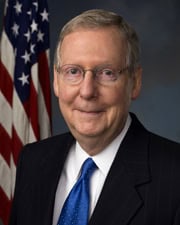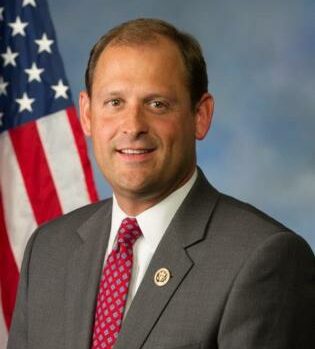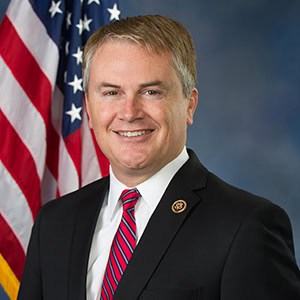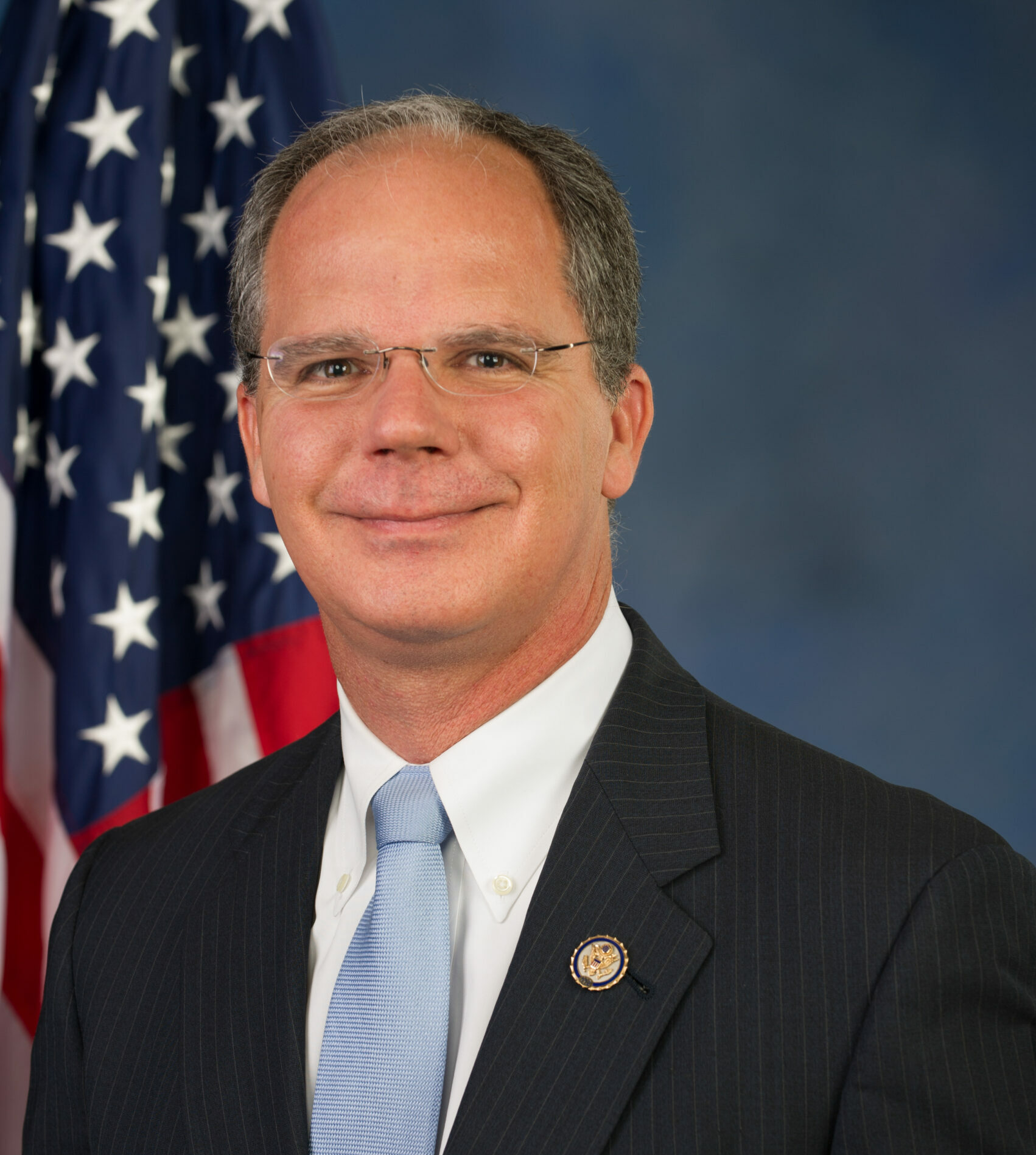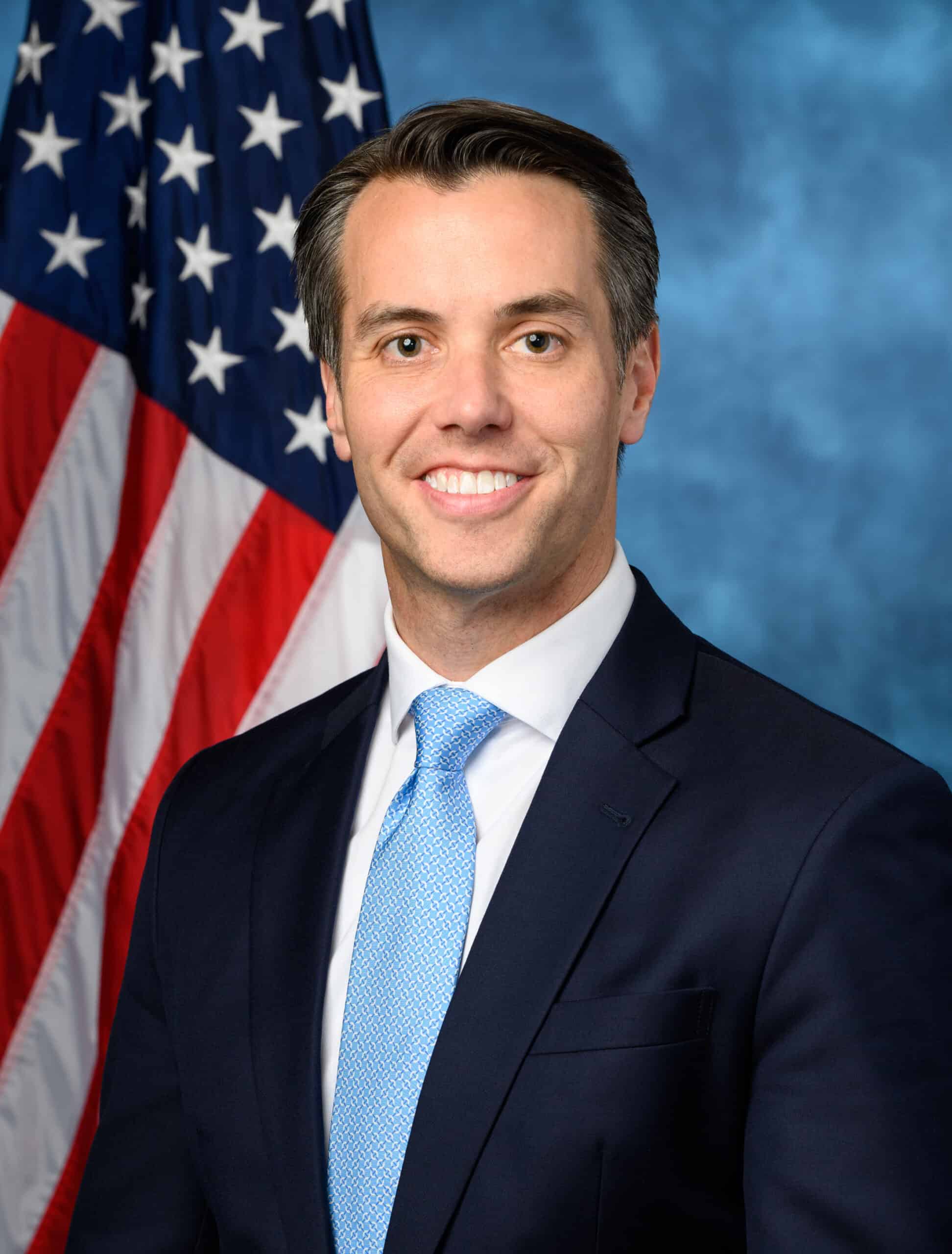2025 Federal Public Policy – Key Resources:
Federal Legislative Priorities:
- Defending Nonprofit Nonpartisanship: For nearly 70 years, an important provision in the federal tax code Section 501(c)(3), sometimes called the Johnson Amendment, has provided that in exchange for tax-exempt status, a charitable nonprofit, foundation, or religious organization may "not participate in, or intervene in (including the publishing or distributing of statements), any political campaign on behalf of (or in opposition to) any candidate for public office." This language serves to protect charitable nonprofits, houses of worship, and foundations – and the donating public by ensuring organizations dedicated to the public good remain above the political fray. Nonprofits operate as safe havens from the caustic partisanship that is bedeviling our country, places where people can come together to solve community problems. Repeal or revision of the law would damage the integrity and effectiveness of all charitable nonprofits and foundations. Click here for KNN's one-page summary on why this matters to nonprofits. And click here to learn about KNN's opposition to the "Free Speech Fairness Act" (S.1205/H.R. 2501).
- *TAKE ACTION* Sign on with KNN
- Protecting Nonprofits from Executive Overreach: While language based on the Stop Terror- Financing and Tax Penalties on American Hostages Act (H.R. 9495) was removed from the tax bill, KNN and our state association partners remain vigilant on its return in separate legislation. The law would give unprecedented authority to the Executive Branch to revoke tax- exempt status from charitable nonprofits without due process or basic protections. While nonprofits unequivocally oppose terrorism in all forms, any enforcement action must be grounded in transparency, evidence, and the rule of law. If enacted, the provision could allow any Administration targeting nonprofits based on ideological grounds. Click here to learn more.
- Charitable Giving Tax Incentives: Kentucky's charitable nonprofits continue to experience growing demand for their services, yet costs continue to rise due to inflation while private donations and the number of donors are declining. The new federal tax bill includes both good news and bad news for charitable giving tax incentives. The language used in the tax bill is based largely on The Charitable Act (H.R. 801/S. 317), which was co-sponsored by Kentucky Congressmen Andy Barr, Brett Guthrie, and Morgan McGarvey.
- Protecting Nonprofits in the Tax Debate: Congress recently enacted and the President has signed into law one of the most consequential tax bills in a generation. KNN worked in partnership with the National Council of Nonprofits and our state association colleagues around the nation to promote fundamental tax policy proposals that enhance the abilities of organizations to advance their missions in communities while working to ensure that adverse policies, including benign proposals with identifiable, adverse consequences, are not adopted. Click here for a summary of the good news and bad news for nonprofits in the final tax bill.
- One-pager on our top priorities
- Letter sent to KY Senators and national letter sent to all Senators
- Updated analysis of the tax bill
- Chart of the tax provisions
Kentucky’s Federal Delegation Resources:
Public-private partnerships for the public good:
Promote and support executive action and/or legislation that strengthens communities through a strong nonprofit sector and workforce, including addressing systemic problems with nonprofit-government contracting and grants at the federal, state, and local levels.
- Advocate for legislation that addresses grants and contracting practices, including advanced payments, timely execution of agreements, prompt payment and interest penalties for late payments, as well as streamlined application and reporting processes.

- Advocate for the General Assembly to establish a budgetary policy that requires the commonwealth to sufficiently fund their partnerships with the nonprofits the state has chosen to contract with for the provision of statutorily required services, as well intervention and prevention services – ensuring that effective, quality, uninterrupted services exist for the residents of the commonwealth and that nonprofits can maximize the full impact of taxpayer dollars.
- Advocate for spending decisions that promote fiscal stability and growth in the Commonwealth, while also ensuring the work of nonprofits to serve Kentuckians and meet community needs is sustained and protected.
- Advocate for rate increases and/or increased funding for nonprofits contracting with government to provide legally required services on behalf of the Commonwealth starting July 1, 2024.
Tax policy that empowers community solutions through nonprofits:
- Support expanded, enhanced and new tax and other incentives for individuals and businesses, including a universal non-itemizer charitable giving tax deduction, at the federal and state level to encourage individuals to give generously to the work of charitable nonprofits. Actively oppose floors, caps or limits on existing incentives that would harm the sector’s ability to leverage philanthropic support.
- Oppose the imposition of taxes, fees, or payments in lieu of taxes (PILOTS) on tax-exempt nonprofits, as well as oppose requirements to collect and remit sales and use taxes from individuals receiving services from charitable nonprofits.
- Support policies that maintain and, where appropriate, expand nonprofit exemptions from paying or collecting and remitting state and local property, sales, and use taxes.
Nonprofit advocacy rights and civic engagement:
- Preserve the integrity of charitable nonprofits by supporting the tax-law ban on electioneering and partisan political activities and oppose restrictions on the advocacy rights of charitable nonprofits.
- Oppose legislation, policies, and practices that prevent individuals from voting and exercising their civic responsibilities.
Nonprofit independence and ensuring public trust:
Support reasonable and non-burdensome regulations and policies that allow nonprofits to earn and maintain public trust through appropriate transparency. Oppose policies or legislation that impose increased costs, burdens, barriers, limitations, or liabilities on nonprofits – negatively impacting their ability to effectively accomplish their core mission.
- Oppose policies and legislation that do not ensure that personal information about individual donors to 501(c)3 charitable nonprofits remains protected from public disclosure, while also ensuring that government agencies that regulate 501(c)3 charitable nonprofits and other exempt organizations have access to the information they need to protect the public and the integrity of the nonprofit sector by providing oversight of nonprofits.
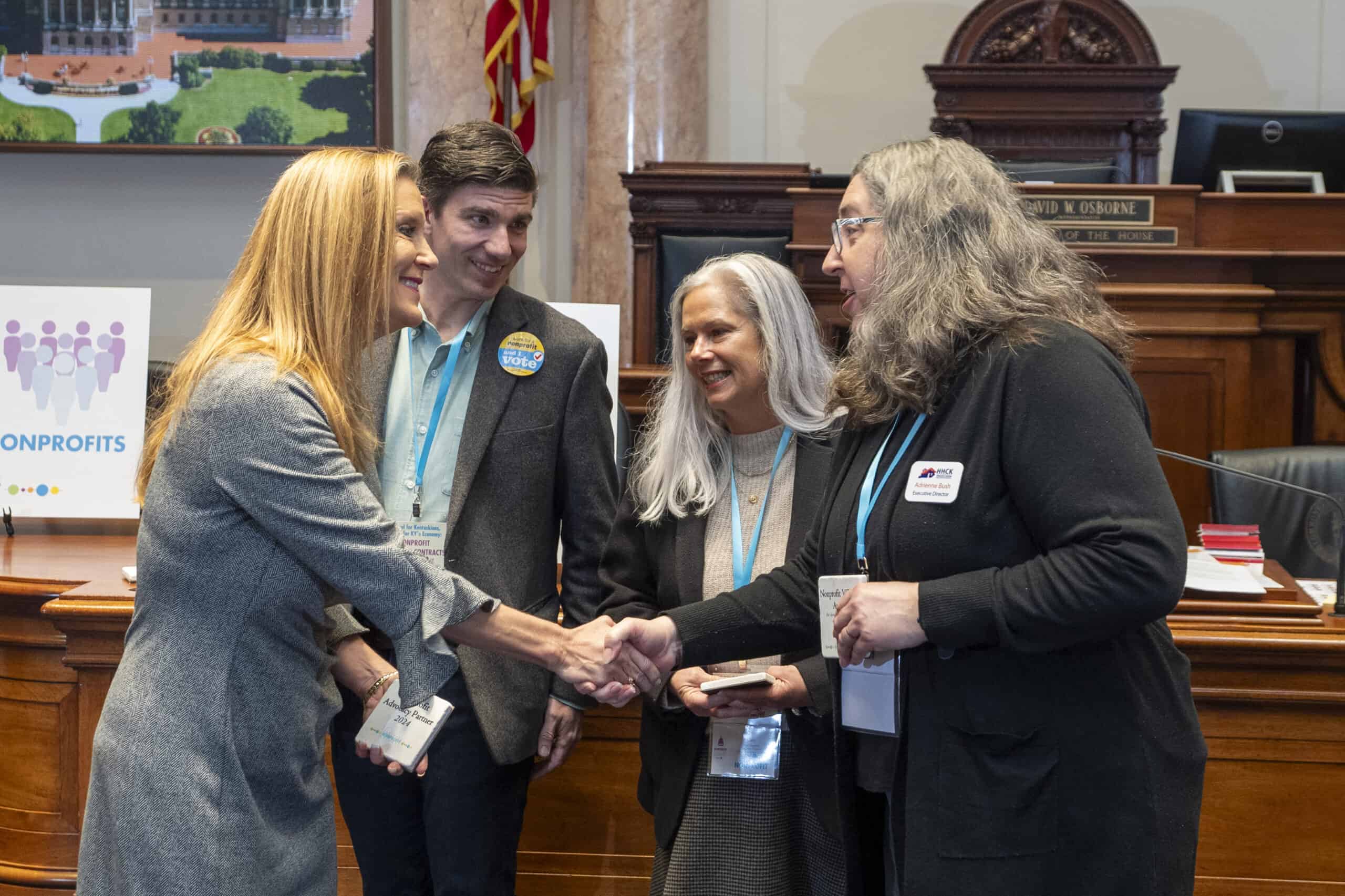
KY General Assembly Resources:
- Find your District / Find your Legislator
- Find your Senator
- Find your member of the House of Representatives
- Call the Legislative Message Line – 1-800-372-7181
- Legislative Research Commission website provides links to live-feed coverage, committee schedules and more. You can also follow coverage on the Legislature’s YouTube Channel or KET.
- Tips for Visiting with Legislators
State bills we followed in 2025:


